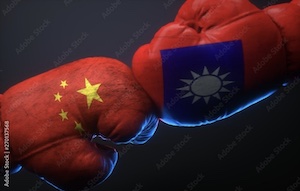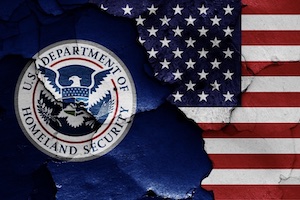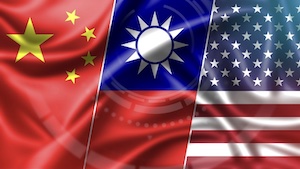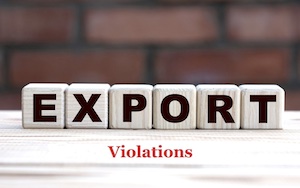The Domino Effect: What Would an Invasion of Taiwan Mean for Global Trade

Tensions are escalating in the South China Sea, a vital maritime route for international trade. Taiwan remains at the center of this conflict and in an increasingly interconnected world, the prospect of a Taiwan invasion has far-reaching implications for global trade and geopolitics. It’s becoming even more crucial to understand the potential repercussions of such an event on the global economy as a potential invasion from China becomes increasingly more likely.
International Trade Compliance Consultants and The Value Proposition

Maximizing value is crucial when companies contemplate bringing on external support for any organizational function. While a company may consider several value categories, this article explores five primary categories – productivity, profitability, image, experience, and convenience. By maintaining a value proposition mindset when requesting consultant resources, selecting consultants, and working with consultants, trade compliance professionals leverage the benefits of external experts.
Employee Education in Compliance Training

Employee education supports organizational growth and development. Its benefits are generally well known, but how do you ensure that training, in any form, generates the outcomes and advances you desire? Measuring and benchmarking success can be especially difficult when creating customized training programs, which are often needed for international trade compliance topics.
DHS Audit of CBP’s Centers of Excellence and Expertise Yields Evidence of Mismanagement

Uniformity, or rather the lack thereof, in procedures and practices within U.S. Customs and Border Protection’s (CBP) Centers of Excellence and Expertise (Centers) is evidently harming compliant companies within the trade community.
Taiwan – U.S. 21st Century Trade Initiative, More Than Just a Trade Agreement. A Statement to Beijing Perhaps

A little over a year ago on June 1, 2022, the United States and Taiwan launched the United States-Taiwan Initiative on 21st-Century Trade to deepen their economic ties and trade relationship, and advance mutual trade priorities based on shared values, promoting innovation, and economic growth for workers and businesses.
CAFC Refuses to Reverse CIT Decision on Reliquidation Order, Target, Home Products Litigation

This article examines Target Corporation v. United States, Slip Op. 23-106 (Ct Int’l Trade July 20, 2023), a recent ruling by the Court of International Trade (CIT) and its implications on liquidation matters.
Requirements for Bottling/Packing Tequila in the United States

The United States Mexico Agreement (USMCA – the free trade agreement signed between Mexico, the United States and Canada) promotes and protects the trading of tequila between these 3 countries as it acknowledges it is a distinctive product of Mexico.
Customs Brokers: Giving Credit to Accreditors

U.S. Customs & Border Protection (CBP) published the Final Rule on continuing education for individual customs broker license holders in the Federal Register on June 23, 2023. This Final Rule made several changes to Part 111 of the Customs Regulations and imposed a continuing education requirement on individual license holders.
Voluntary Self-Disclosures of Export Violations: Understanding the Consequences

The realm of international trade and commerce operates under a complicated system of export control regimes that are designed to protect national security, curb the proliferation of sensitive technologies, and ensure strict adherence to economic and trade sanctions.
Compliance Issues in Government “Buy America” Solicitations

This article discusses compliance “Buy America” provisions in federal procurement laws and how the Federal Acquisition Regulations (FAR) implement some of those commitments in government contracts.
